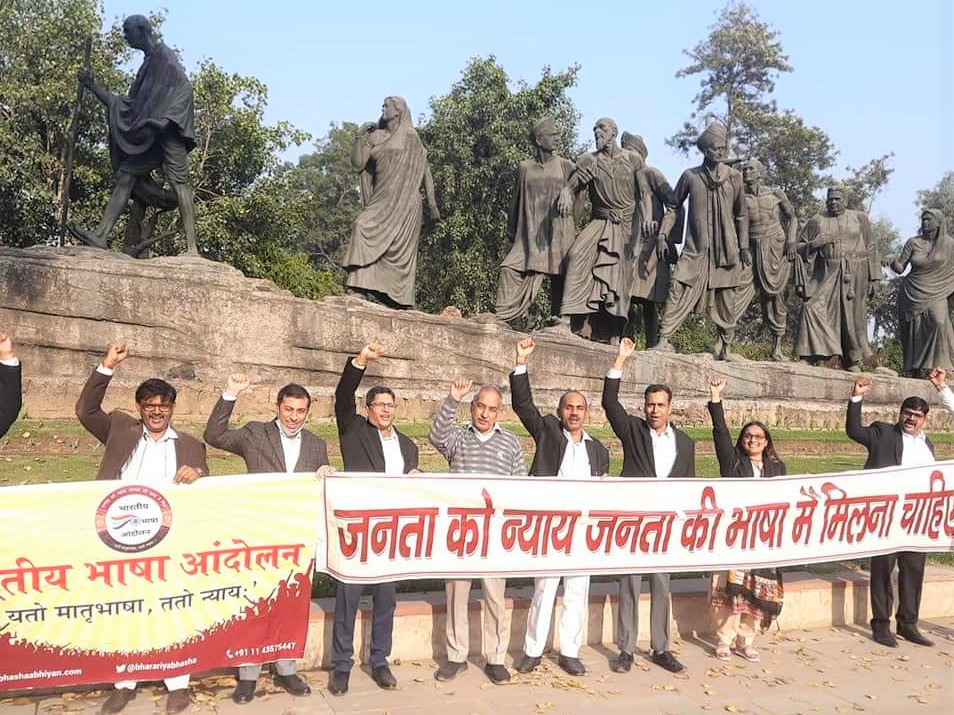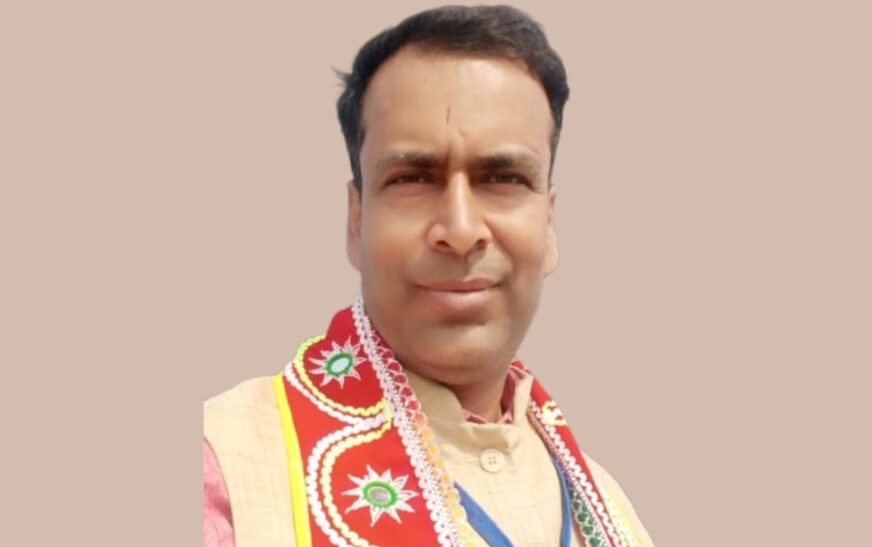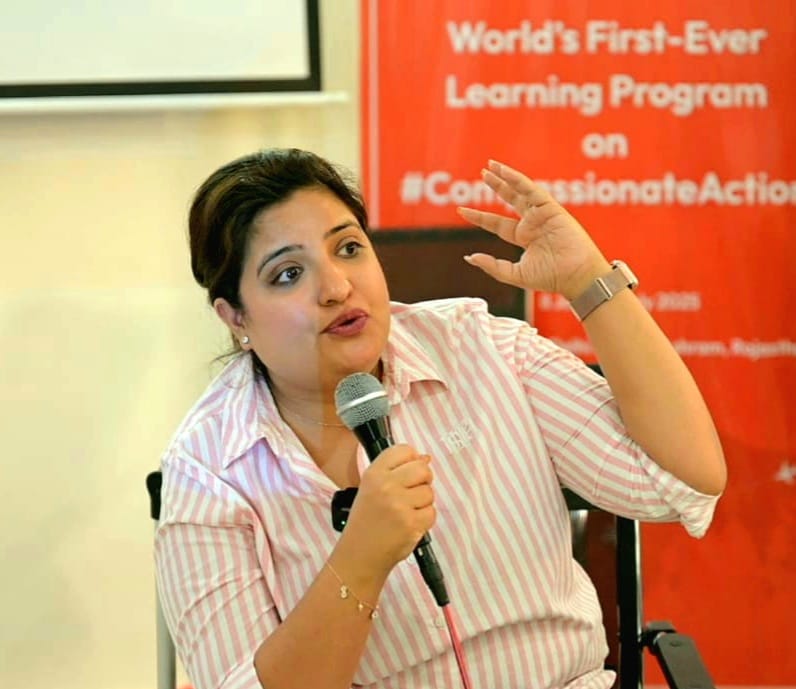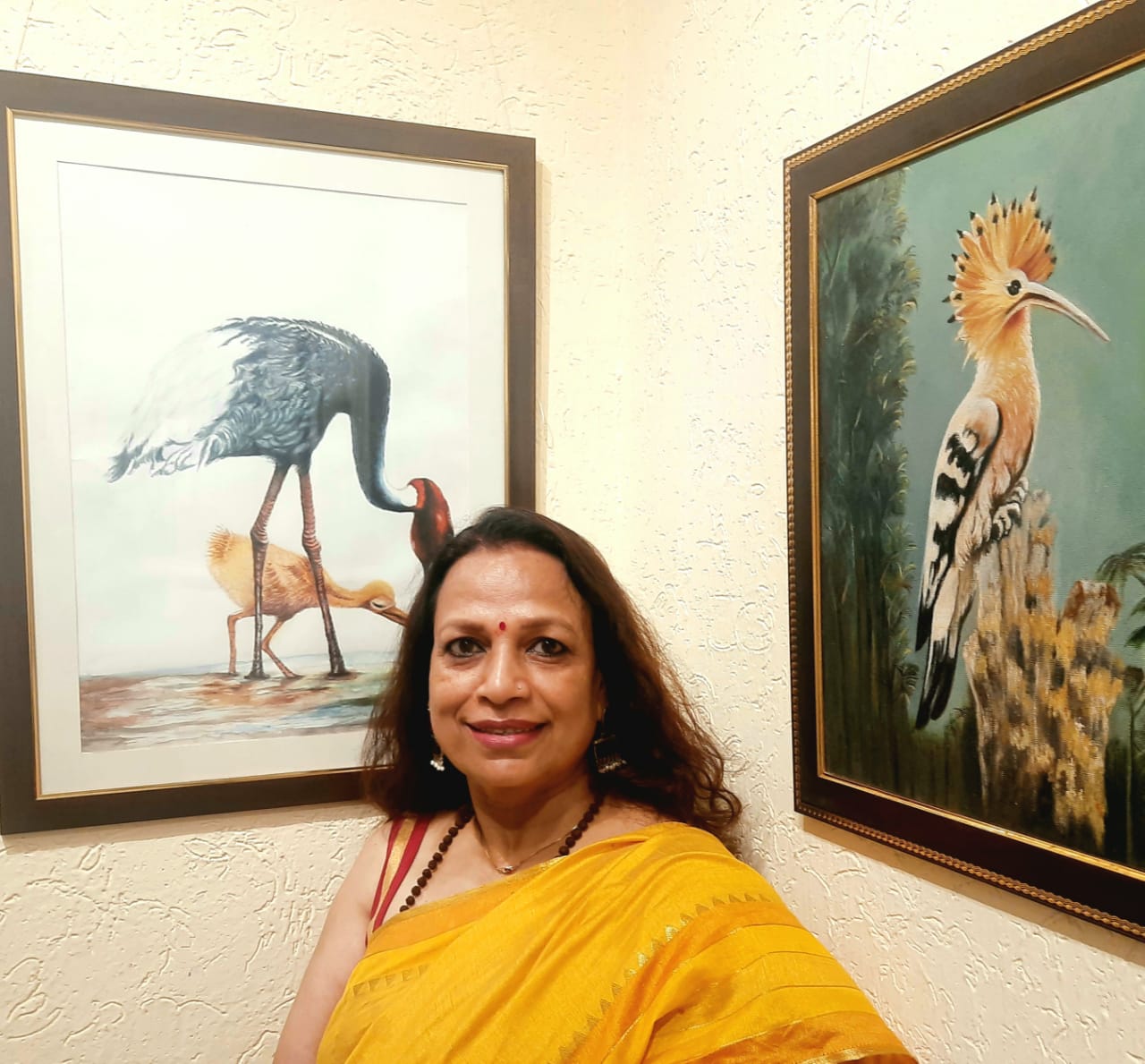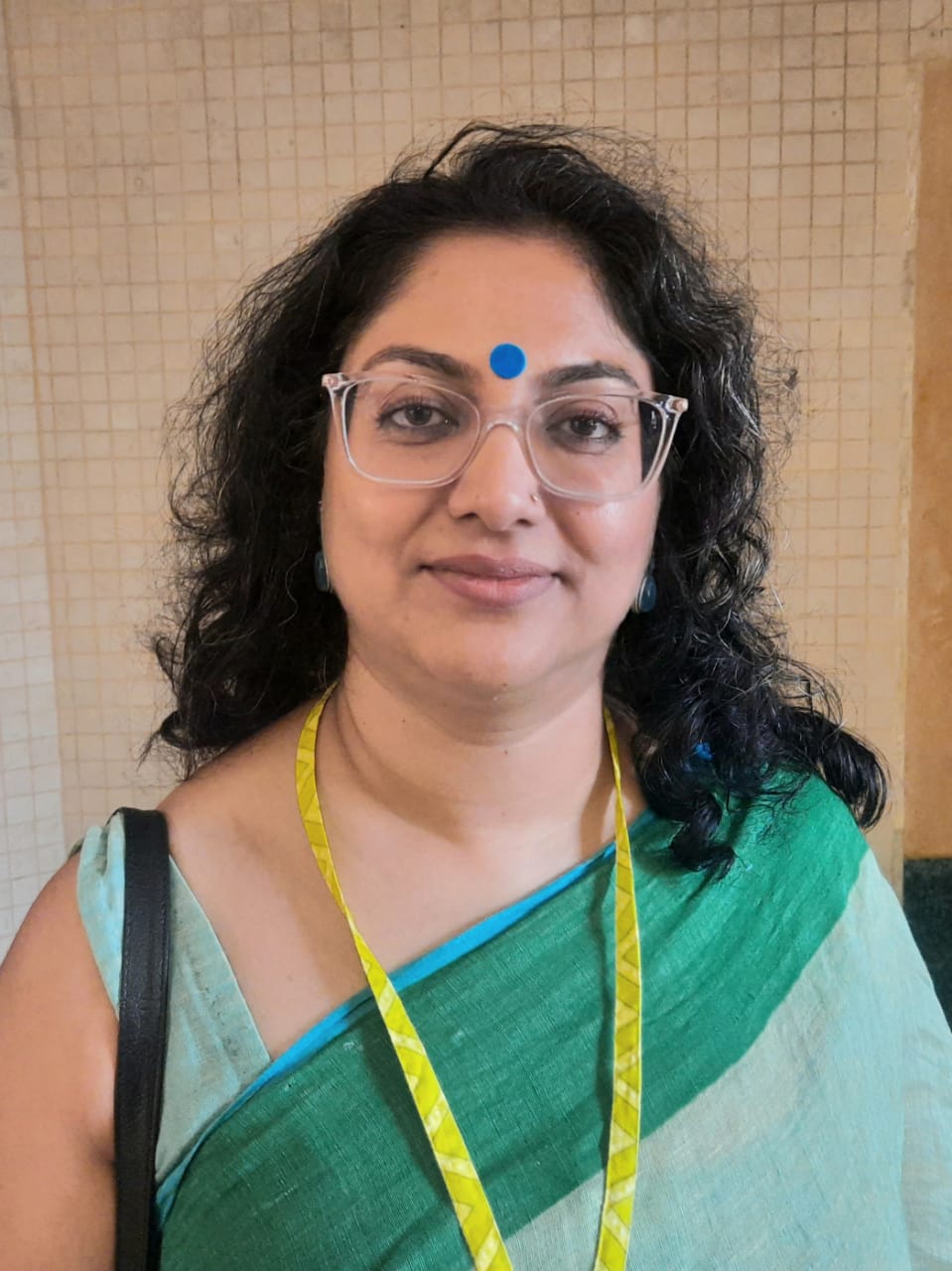Ashish Rai—Supreme Court advocate and National General Secretary of Bharatiya Bhasha Andolan (BBA)—has spent more than a decade fighting to make Indian courts speak the people’s languages. The campaign began in 2010 at Delhi’s Patiala House Central Hall, where Rai, flanked by legal luminaries K.T.S. Tulsi and Subhash Kashyap and eight elected members of the Delhi Bar Council, launched a drive to localise court proceedings. That spark has since grown into a nationwide movement. In this conversation with The Interview World, Rai explains why linguistic democracy in the courtroom can no longer wait.
Q: What is Bharatiya Bhasha Andolan’s core objective?
A: We intend to restore linguistic parity in India’s justice system. Taxpayers fund the courts, yet victims often cannot decipher judgments because proceedings unfold exclusively in English. That imbalance undermines democracy. Criminal Procedure Code 272 already states that witness testimony should appear in the state’s own tongue, but the absence of practical mechanisms distorts meaning and, at times, derails justice. Consequently, BBA has opened branches in 16 states to accelerate reform.
Q: What impact have you achieved so far?
A: Our pressure has produced concrete change. The Supreme Court now uploads cause-lists and orders in nine Eighth Schedule languages. Delhi High Court accepts petitions in Hindi—a first for the capital. At the state level, sustained advocacy delivered results. In Haryana, we secured 72 signatures from 90 MLAs; the government will soon direct district courts to conduct business in Hindi. Momentum, therefore, is unmistakable.
Q: What exactly are you demanding?
A: Article 348(1) mandates English in the Supreme Court and every High Court—unless Parliament legislates otherwise. On India’s 75th year of independence, we have urged the Prime Minister to sponsor such legislation and democratise court language across every tier. Additionally, Article 348(2) already empowers a state governor, with presidential consent, to permit regional languages in its High Court. Uttar Pradesh, Bihar, Madhya Pradesh, and Rajasthan enjoy this privilege; West Bengal and Tamil Nadu, inexplicably, do not, because the Centre referred their requests to the Supreme Court. We demand parity.
Q: How will this reform help ordinary citizens?
A: Language transparency will place justice within everyone’s grasp. Litigants will finally read proceedings and judgments in words they understand. Misinterpretations born of hurried translation will vanish. Most importantly, people’s faith in the judiciary will deepen because the system will at last speak to them—literally—in their own voice.
